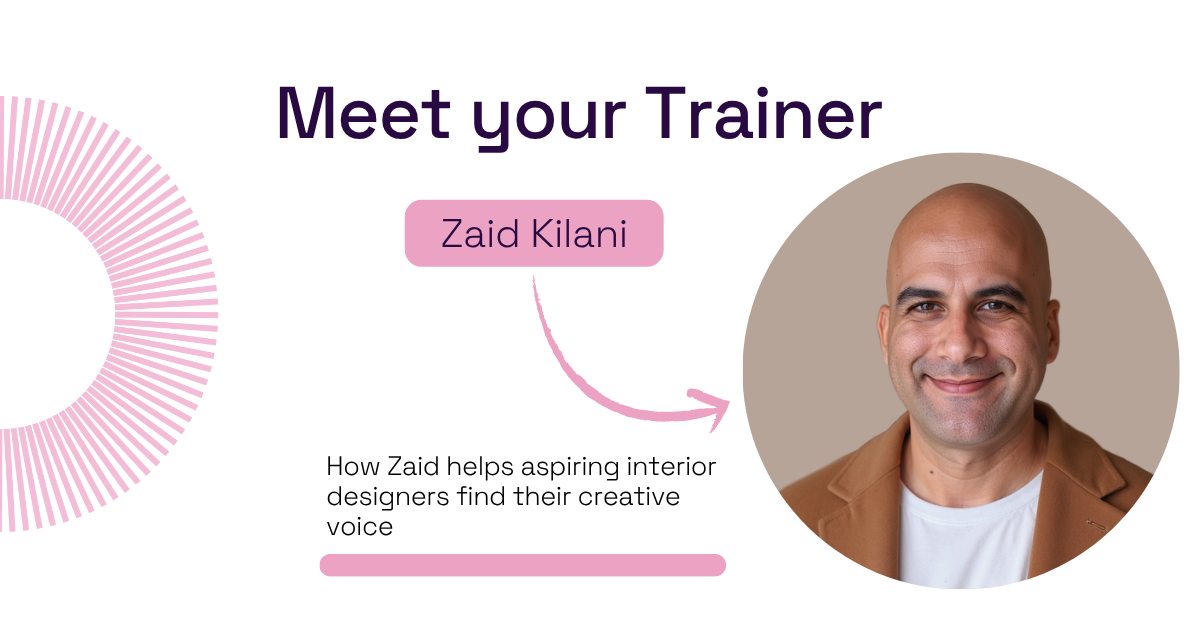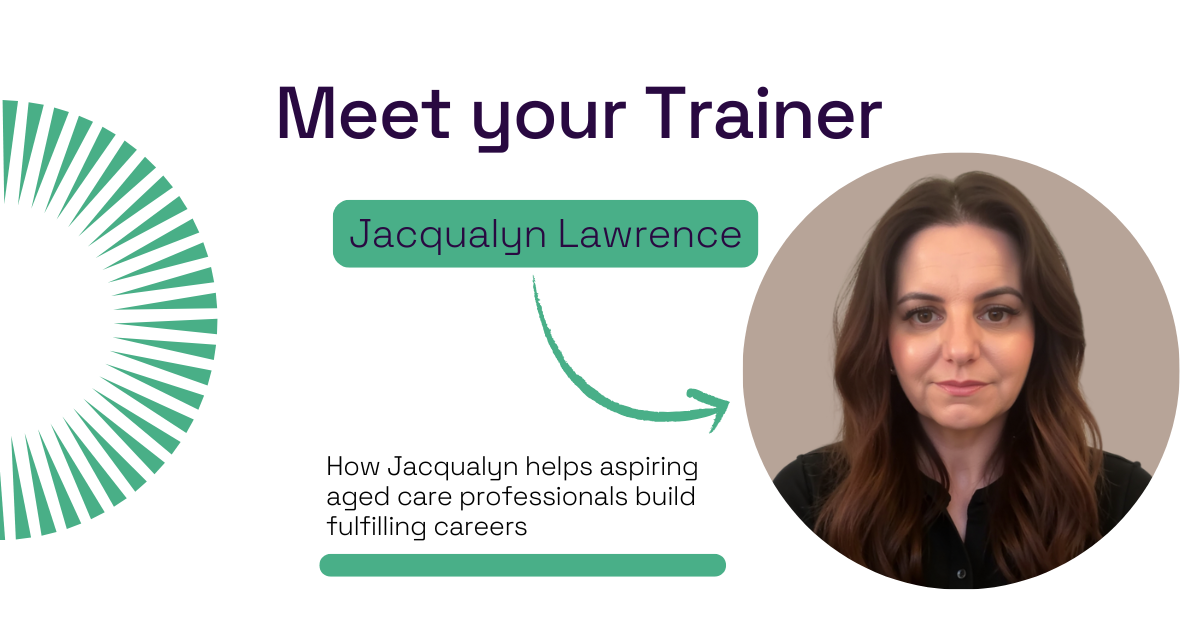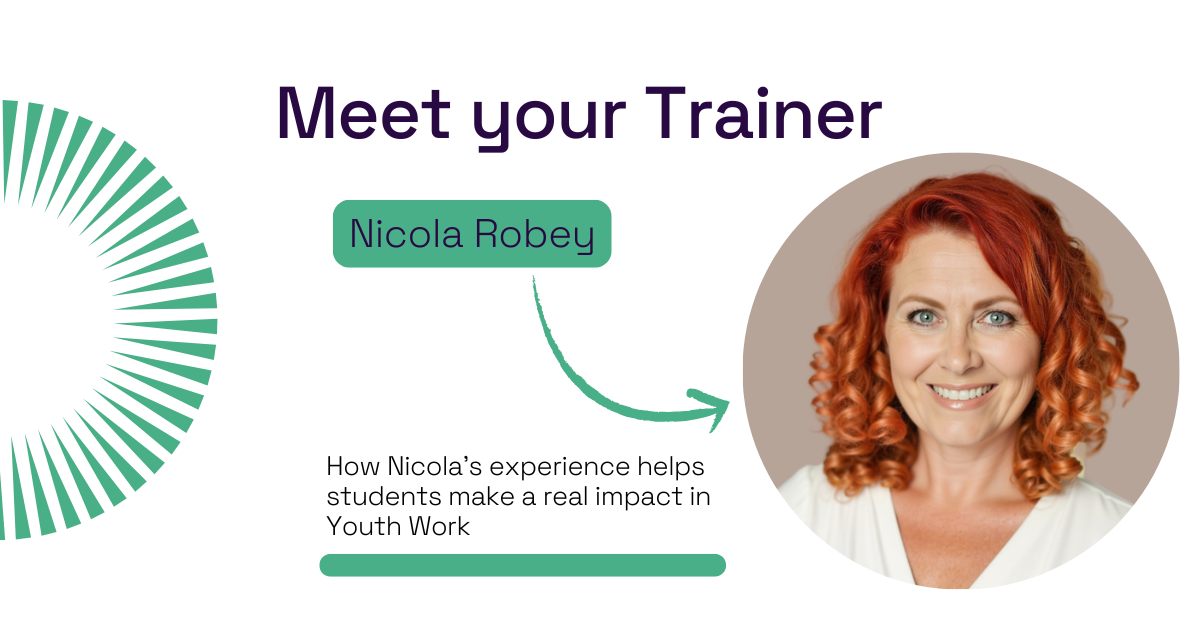Explore our collection of informative and educational blog posts to stay updated on the latest industry trends and expert advice.
What’s the difference between diplomas and certificates?

When it comes to your future career path, you want to make sure you’ve got all the right information before you make any major decisions.
And if you’re considering further study because you’re looking at different career options, wanting to move up the ladder or are entering the workforce for the first time, then it’s a good idea to investigate your choices.
Sometimes there can be a little confusion around the differences between certificates vs. diplomas vs. uni degrees. We’re here to answer your questions about the differences between these qualifications and which one best suits your needs.
What kind of qualification will help you reach your goals?
Different types of qualifications in Australia
Did you know there are ten levels of qualifications as set out by the Australian Qualifications Framework (AQF)? They range all the way from doctoral degrees at level ten (the highest formal qualification you can obtain) to certificate Is at level one (the lowest formal qualification you can obtain).
10. Doctorate degree
9. Masters degree
8. Graduate Certificate or Diploma
7. Bachelor’s degree
6. Advanced diploma
5. Diploma
4. Certificate IV
3. Certificate III
2. Certificate II
1. Certificate I
VET qualifications focus more on practical, job-ready skills and knowledge. Often, a VET course will include some hands-on learning which may come in the form of work placement or practical assessments. Most VET courses take 6–24 months to complete.
University degrees focus more on the theoretical side of things. A bachelor’s degree can take between three to four years, a master’s can take up to two years, and a doctorate degree can take up to six years (though these timeframes can differ depending on the course and the content).
How do I know if the AQF recognises a course?
Not all courses you can study online or otherwise are officially recognised by the AQF. But don’t let this deter you from studying! Just because a short course is not nationally recognised, doesn’t mean it won’t be helpful or teach you something new. Many short courses can provide you with excellent knowledge and skills on a specific subject, which can help expand your skillset. Just be aware that some professions will require a formal qualification (for example, to work as an Enrolled Nurse, the minimum qualification required is a Diploma of Nursing).
If you’re unsure whether a course or a provider is accredited, you can find out using the Australian government’s training website.

Online or on campus? Studying an online qualification can be a great choice for those with other commitments, such as parents or those working full-time.
What’s the difference between a certificate and a diploma?
The difference between these qualifications is the level of skills and knowledge you’ll be learning, and what kind of job they can help prepare you for. There are four levels of certificates and two types of diplomas. Here’s a breakdown of the different types of certificates and an explanation of each.
Certificate I
As the first level on the AQF’s qualification ladder, a certificate I is designed to give you basic, foundational skills on a subject. A certificate I is usually a great place for high school students to start studying for a particular career path.
Certificate II
Leading on from the certificate I, a certificate II will teach you more industry-specific skills that will get you job-ready. Some jobs don’t require a formal qualification. For example, if you were looking to find work in the horticulture industry, most professions don’t require a formal qualification. However, studying the AHC20416 Certificate II in Horticulture can equip you with job-relevant, entry-level skills and knowledge, while also showing potential employers that you’re committed to following your chosen career.
Certificate III
The next step up is the certificate III. This qualification goes beyond foundational teachings to equip you with more industry-specific skills and knowledge. You may want to study a certificate III as a way to get a promotion. For example, if you’ve been working for a particular company in human resources for a while and are looking to move up the ladder, you could study the BSB30415 Certificate III in Business Administration to give yourself an edge.
Certificate IV
A certificate IV is designed to provide you with the technical skills you need to perform a job. It’s designed to give you specialised knowledge across a range of contexts. For example, the MSF40118 Certificate IV in Interior Decoration has been developed to teach you practical skills directly related to work as an Interior Decorator, but it also covers things like working sustainably, running your own small business and how to prepare presentations for clients.
Diploma
A diploma is similar to a certificate IV in that it focuses on technical skills in a broad context. However, it usually gives you a more thorough, deeper understanding of a subject. For example, if you’re looking to start a job as a Graphic Designer and already have a basic understanding of design, then a Diploma is a great way to build on your existing knowledge and also formalise your experience. Studying the CUA50715 Diploma of Graphic Design will teach you the more advanced practices of digital design, including UX design, and you’ll also build a portfolio of work to present to potential employers.
Advanced diploma
An advanced diploma is the sixth-highest level of qualification a person can receive under the AQF, and it qualifies you to carry out highly skilled work in your chosen field. An advanced diploma signifies that you have broad technical and theoretical knowledge in a particular area.

VET courses are focused on practical, industry-relevant skills.
Can a VET qualification help me get into university?
Did you know that certain VET qualifications can act as a pathway to university?
OC has partnered with some of the most well-respected universities in Australia, which means that when you study one of our courses you may be able to use your qualification as credit towards a university degree. This is also known as articulation.
For more information on articulation, visit our university pathways page.
Which qualification is best?
Saying that one type of qualification is ‘better’ than another can sometimes be misleading because it all depends on the kind of work you’re doing and what potential employers expect from their candidates. If the industry you work in is highly competitive, then a graduate certificate may be what you need to get noticed as a serious contender. But if you work in an industry with low unemployment and plenty of growth, then studying a certificate III may be what you need to land your dream job.
Studying for and obtaining a qualification can be a great way to help you get a job. And for certain jobs, it’s sometimes a prerequisite (such as childcare). But remember that no qualification can guarantee you a job – it will always come down to you.
Where can I study a VET course online?
If you’re ready to start learning, then take a look at OC’s huge range of online VET qualifications. Our certificates and diplomas are all recognised under the AQF framework and have been developed in consultation with industry experts.
You can check out our range of certificates and diplomas online, or you can begin a 7 day free trial online today to discover what it’s like to study with one of Australia’s leading online educators.








